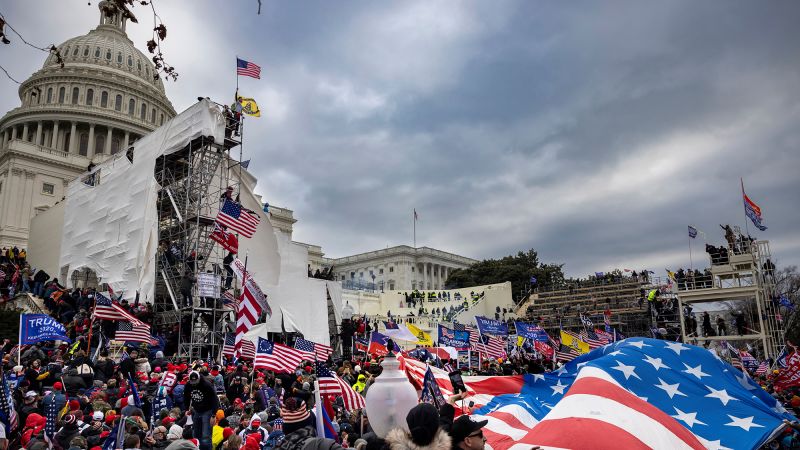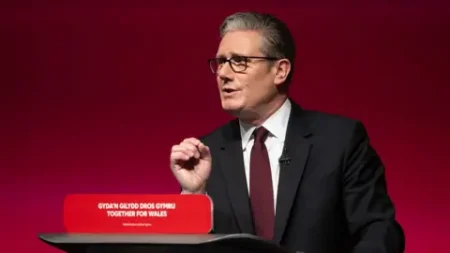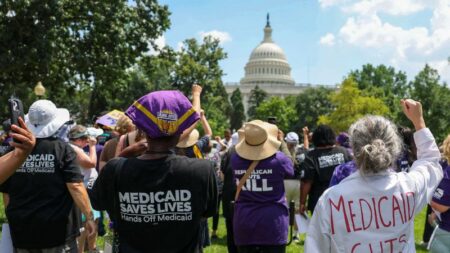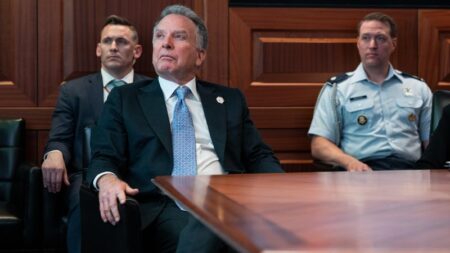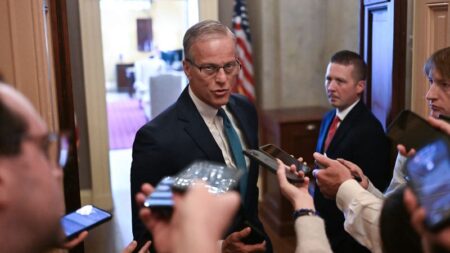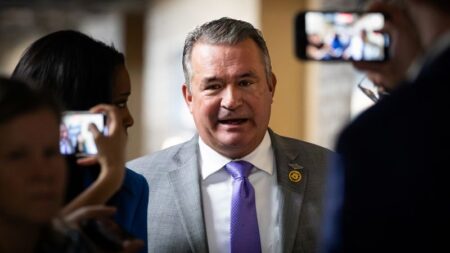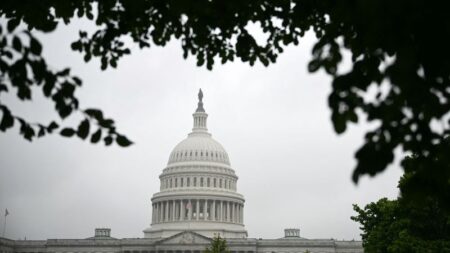The Justice Department recently made significant staffing changes by terminating several prosecutors linked to the prosecution of cases stemming from the U.S. Capitol riot that occurred on January 6, 2021. This decision has been characterized as part of a broader trend under the Trump administration, which focuses on removing personnel seen as undermining the administration or not aligning closely with its objectives. According to sources familiar with the developments, at least three attorneys were dismissed, including two supervisors from the U.S. attorney’s office in Washington and an attorney actively involved in prosecuting the Capitol attack cases.
These dismissals are generating considerable concern regarding the integrity and independence of the Justice Department amidst what many perceive as an alarming trend of political influence overshadowing legal proceedings. The abrupt termination of these legal professionals constitutes a significant escalation in efforts to remove those who might pose a challenge to Trump’s agenda. Individuals familiar with the matter requested anonymity to discuss these sensitive personnel issues, which raises further questions about the transparency and reasoning behind these decisions.
Adding to the skepticism surrounding the DOJ’s motives, a letter informing one of the prosecutors of their termination was apparently signed by Attorney General Pam Bondi. The correspondence provided no specific justification for the firings but referenced “Article II of the United States Constitution and the laws of the United States.” This vague phrasing intensifies the perception that the dismissals are politically motivated rather than based on issues of performance or legality. A spokesperson for the Justice Department declined to comment on the situation, leaving many to speculate on the implications of these moves.
The recent firings signal a continuation of a pattern seen throughout Trump’s presidency, where the independence of the Justice Department has been compromised. The situation has escalated to a point where top leadership within the Department has dismissed several employees who played critical roles in prosecuting Trump himself or his close associates. There is widespread concern that these terminations reflect a broader strategy aimed at purging the Department of individuals who are perceived as not sufficiently loyal to the administration’s objectives.
Further exacerbating these tensions are Trump’s sweeping pardons for many individuals involved in the Capitol riots on his first day back in office. This decision has sparked fears among those in the legal community about potential retaliation against attorneys who prosecuted members of the mob that stormed the Capitol while Congress was certifying President Joe Biden’s election win. Trump’s actions have raised questions about accountability and the future implications for democracy and rule of law in the United States.
Moreover, Ed Martin, who served as interim U.S. Attorney for Washington, has also been implicated in this pattern of tumultuous personnel changes. He demoted several prosecutors linked to the Capitol riot investigations, including the team that secured critical seditious conspiracy convictions against key figures like Stewart Rhodes and Enrique Tarrio. These actions further illustrate a concerted effort to undermine the work of those committed to holding individuals accountable for their roles in the Capitol insurrection.
Earlier in the year, then-acting Deputy Attorney General Emil Bove had taken action against about two dozen other prosecutors involved in the Jan. 6 investigations, indicating a refusal to accept personnel decisions made by the previous administration. Bove’s decision further underscores the ongoing turmoil within the DOJ and raises significant concerns about its operational integrity and impartiality.
In conclusion, the dismissals of the three prosecutors represent not merely individual personnel actions but also reflect a disturbing trend regarding the interaction between political motives and legal processes. As the situation evolves, it continues to unveil larger questions about the future integrity of the Justice Department and the broader implications for the rule of law in a deeply polarized political environment. The fallout from these recent developments is likely to resonate well beyond the immediate circumstances, potentially affecting the future landscape of American governance and legal accountability.





